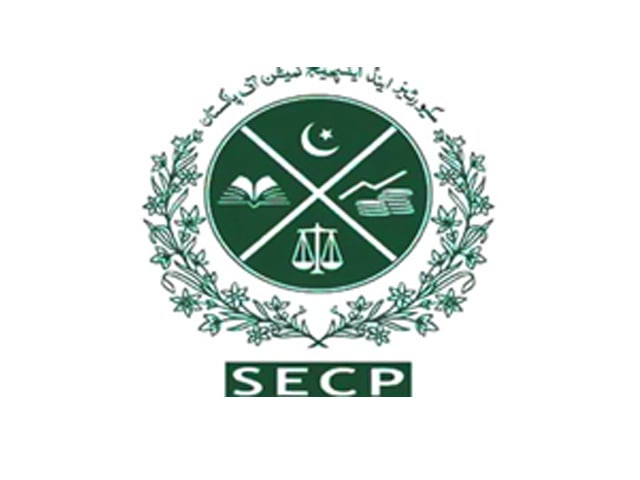Company cost accounting reports may be kept secret
CCP feels disclosure leads to corruption in industry.

The Competition Commission of Pakistan (CCP) issued the policy note after it found that the Securities and Exchange Commission of Pakistan (SECP), the corporate sector regulator, had withdrawn the Companies Cost Accounting Records known as General Order 2008. After the withdrawal, the SECP is involved in consultation to develop industry-specific guidelines and reporting format.
Through its policy note, the CCP has provided its input for the new cost orders of the SECP that it says may have implications for competition in the industries concerned. The policy note is aimed at “assisting the SECP to ensure that the new framework dispenses with the requirement of placing cost audit reports on companies’ websites or making them otherwise available as public information,” the note said.
The general order required companies to maintain cost accounting records, have a cost audit and distribute the auditor’s reports.
“The CCP is of the view that the requirement of circulating and distributing cost audit reports amongst shareholders as prescribed in clause four of the withdrawn general order was inconsistent with the overall spirit of the Competition Act, 2010.”
The CCP said that commercially sensitive cost information should be kept confidential. This spirit is embodied in the cost audit rules in Pakistan, which confine the disclosure of the cost auditor’s report to the SECP and the directors of the company.
The CCP further viewed that sharing detailed cost data may be problematic in a competitive business environment. The data, once shared, becomes public information and information exchange on cost may provide patronage and facilitate companies in their coordination and monitoring of anti-competitive practices, be it dividing the markets, allocating quotas or fixing prices and hence may facilitate collusion amongst independent economic agents.
It said such practices are universally recognised as having detrimental effects on competition, eradicating or seriously reducing the benefits that competitive markets deliver for consumers.
When asymmetric costs are treated as private information, this hinders cartel activity. Sharing these costs may facilitate collusion. It may create a public record on which collusive schemes may be based. Hence, publicising detailed cost data, as prescribed earlier by SECP, is harmful for competition and would violate Section 4 of the Competition Act.
The CCP observes that maintenance of cost accounting records and cost audits may contribute towards enhancing competitiveness of the sectors. However, in Pakistan, where the concept and practice of enterprise governance is developing, enterprises may not be inclined to self-regulate and conduct cost audits.
The Companies Cost Accounting Records (General Order) 2008 was applicable from the financial year 2008, to companies engaged in production, processing, manufacturing or mining activities in the fertiliser, thermal energy, petroleum refining, natural gas and polyester fibre sectors. The companies engaged in cement, vegetable ghee and sugar manufacturing are also required to comply with the general order, adds the note. The SECP had earlier issued a special order for these sectors.
Later, the SECP deferred the applicability of the general order on May 9 for companies engaged in the fertiliser, thermal energy, petroleum refining, natural gas and polyester fibre sectors till July 1, 2011.
Published in The Express Tribune, September 6th, 2011.





1733130350-0/Untitled-design-(76)1733130350-0-208x130.webp)












COMMENTS
Comments are moderated and generally will be posted if they are on-topic and not abusive.
For more information, please see our Comments FAQ